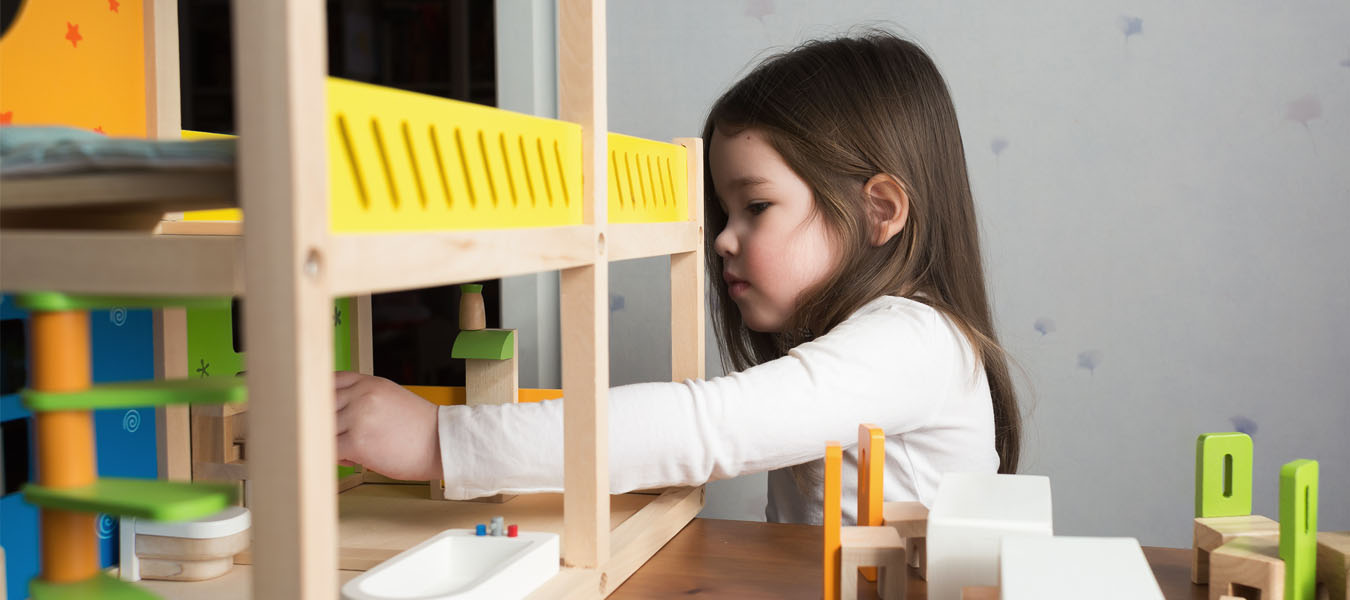Play therapy isn’t simply entertaining a child and calling it beneficial. It’s a delicate and sophisticated way to diagnose and measure internal emotional dynamics that might not easily be identified though more straightforward clinical approaches.
Play Therapy is a safe, effective and nonjudgmental way for a child to express his or her feelings and experiences. As the therapist engages with the child in play therapy, they allow the child to lead the process. The child begins to unconsciously express what is going on both in their lives and minds. In a play situation, a therapist can identify problematic behaviors by observing how a child interacts in a make-believe scenario. Often, a child will be provided with toys and will act out a scenario, while the therapist can either engage and play a part in the scenario, or simply observe. If, for example, a child creates a troubling or problematic relationship between two toys/characters, this scenario can help a therapist to recognize certain issues and identify how to help the child begin resolving these issues, whether they be violent, abusive, fearful, etc.
By engaging in Play Therapy, a therapist can help a child to improve communication skills, modify troubling behavior, express feelings in a healthy and safe way, and learn to better problem solve and interact with the world around them.[1]
Play Therapy can help to not only diagnose and understand a child, but also measure their progression. As a child progresses emotionally, parents or teachers may notice the child is doing a lot better, and this change often correlates with a positive change in his/her play. As therapy progresses, the child’s play often shifts to become more age-appropriate and nurturing. For instance, rather than creating an aggressor/victim dynamic, the child may present a scenario where they are taking care of somebody or engaging in a more natural and healthy way.
If you are interested in learning more about play therapy or think that you or your family could benefit from any of the many programs at Southwest Family Guidance Center, please call (505) 830 1871 and request to speak to a supervisor.
[1] Research supports the effectiveness of play therapy with children experiencing a wide variety of social, emotional, behavioral, and learning problems, including: children whose problems are related to life stressors, such as divorce, death, relocation, hospitalization, chronic illness, assimilate stressful experiences, physical and sexual abuse, domestic violence, and natural disasters. —Reddy, Files-Hall, & Schaefer, 2005
